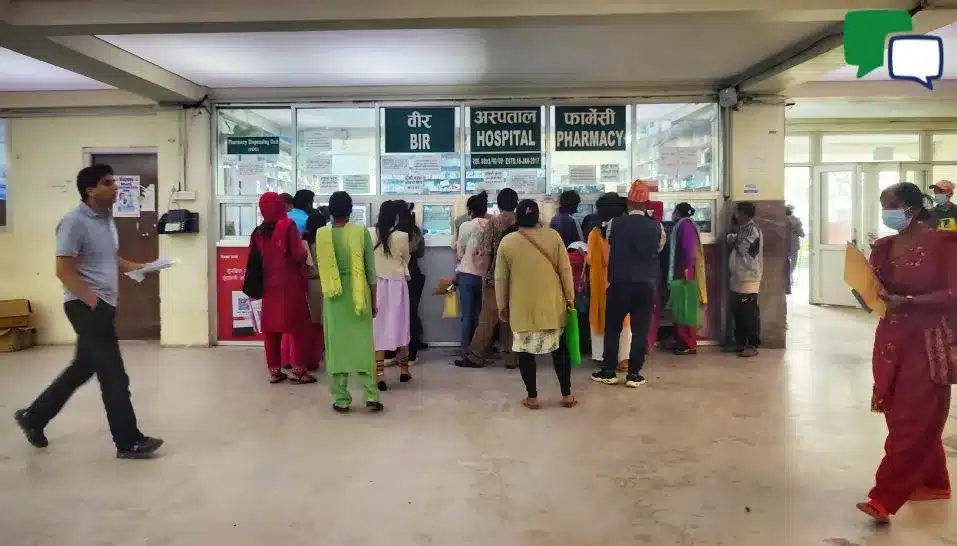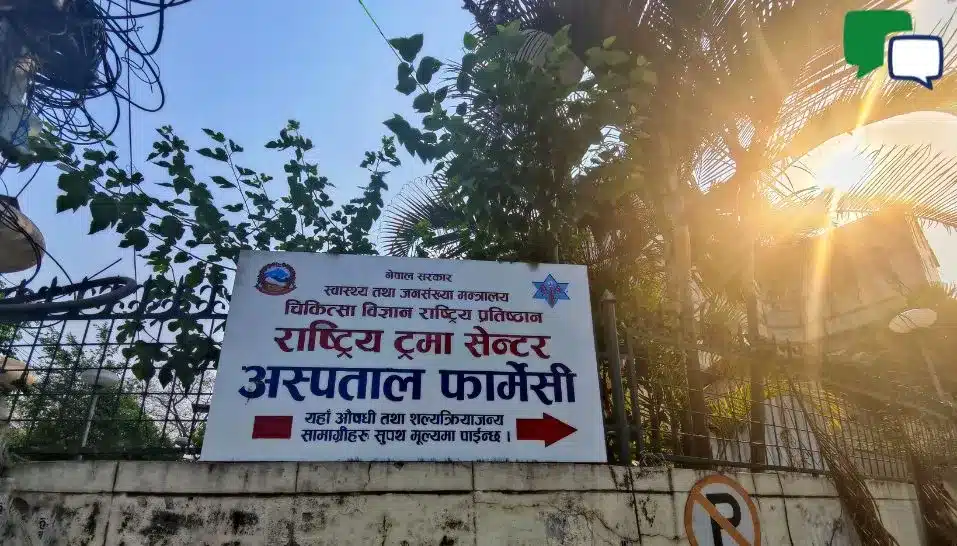The indiscriminate use of antibiotics poses a major challenge due to the prevalence of self-medication among individuals and the sale of antibiotics by pharmacies without requiring a prescription from healthcare professionals
Antibiotics are naturally or synthetically derived compounds that have targeted action in inhibiting the growth of microorganism such as bacteria, parasites or fungi. They have a significant role in medical settings where they are used to treat wide range of debilitating infections. The use of prophylactic antimicrobials help prevent infections in surgeries or outbreaks. Despite, the revolutionary treatment of infectious disease, unregulated and irrational use of antimicrobials have led to downward spiral of complications associated with it. In addition to general side effects of the drugs, a rampantly growing issue of antimicrobial resistance is very concerning.
The gateway for this evident resistance is due to unregulated dispensing from the pharmacies.

To understand this we must understand the role of drug sale in Nepal. Supposedly, a patient visits the doctor for flu and after detailed physical and laboratory examination, gets an antibiotic. What happens in most scenarios is when the same person has similar symptoms next time, they tend to replicate their previous prescription over and over again. Sometimes to an extent that they prescribe the same drug for their family members or friends. This rampant use was a common problem with a prescription antimicrobial called Azithromycin which was used as over-the-counter medicine. This trend was evident with the COVID-19 pandemic where fear and anxiety among the people led to stocking antimicrobials.
Ultimately due to lack of public information, there were incidents of wrongful consumption of antibiotics. Another important fact that is disregarded is the duration of consumption of antimicrobial. This also contributes to the antimicrobial resistance.
The regulation and sale of drugs is governed by the Department of Drug Administration (Drug Act and the Drug Regulation Act) in Nepal. The directives laid down by the DDA establish a safe and responsible framework for sale and distribution of drugs by the licensed pharmacies. A major challenge in dispensing is the lack of robust electronic medical record system in Nepal. Though institutions maintain record keeping, there is a significant gap in sharing the medical record among private as well as government hospitals. This creates a dilemma to healthcare providers when patients move from one institution to another and more likely from the patients visiting private clinics. The healthcare practitioners remain unaware of the past drug history and fail to consider the repeated use of antimicrobial in such scenarios.

In Nepal, the antibiotic stewardship program by Ministry of Health and Population was started in 2021 to promote appropriate use of antibiotics and combat Antimicrobial resistance. It laid down evidence based guidelines for appropriate use of antibiotics and emphasized the importance of surveillance and monitoring of antibiotic use and its resistance pattern. With the collaboration from various stakeholders, this program has the potential to address the issue of growing resistance to antibiotics in Nepal.
The major challenge regarding indiscriminate use of antibiotics is people practicing self medication and pharmacies selling those without the prescription from health professionals.

The solution to this global burden is formulating policies on strengthening the recording system of antibiotics from every registered dispensary. An affirmative action is needed to allow the sale of only prescribed antibiotics. Various stakeholders can collaborate to increase research and promote development of newer antibiotic agents. With the help of NGOs, antibiotic resistance programs can be taken to remote areas of the country. A consolidated management protocol for infection prevention and control should be devised by involving private and public hospitals and research centers. Every hospital should have a mandatory Continuing Medical Education (CME) session on the updated guidelines of antibiotic use and programs aimed at lowering antibiotic resistance.
It is vital to implement these preventive steps in a coordinated manner, involving policymakers, healthcare providers, patients, researchers, pharmaceuticals, and relevant stakeholders. A holistic and sustained approach is required to effectively prevent Antimicrobial resistance and preserve the effectiveness of existing antimicrobial drugs for future generations.
Also Read : AI can combat vaccine misinformation


















Add Comment